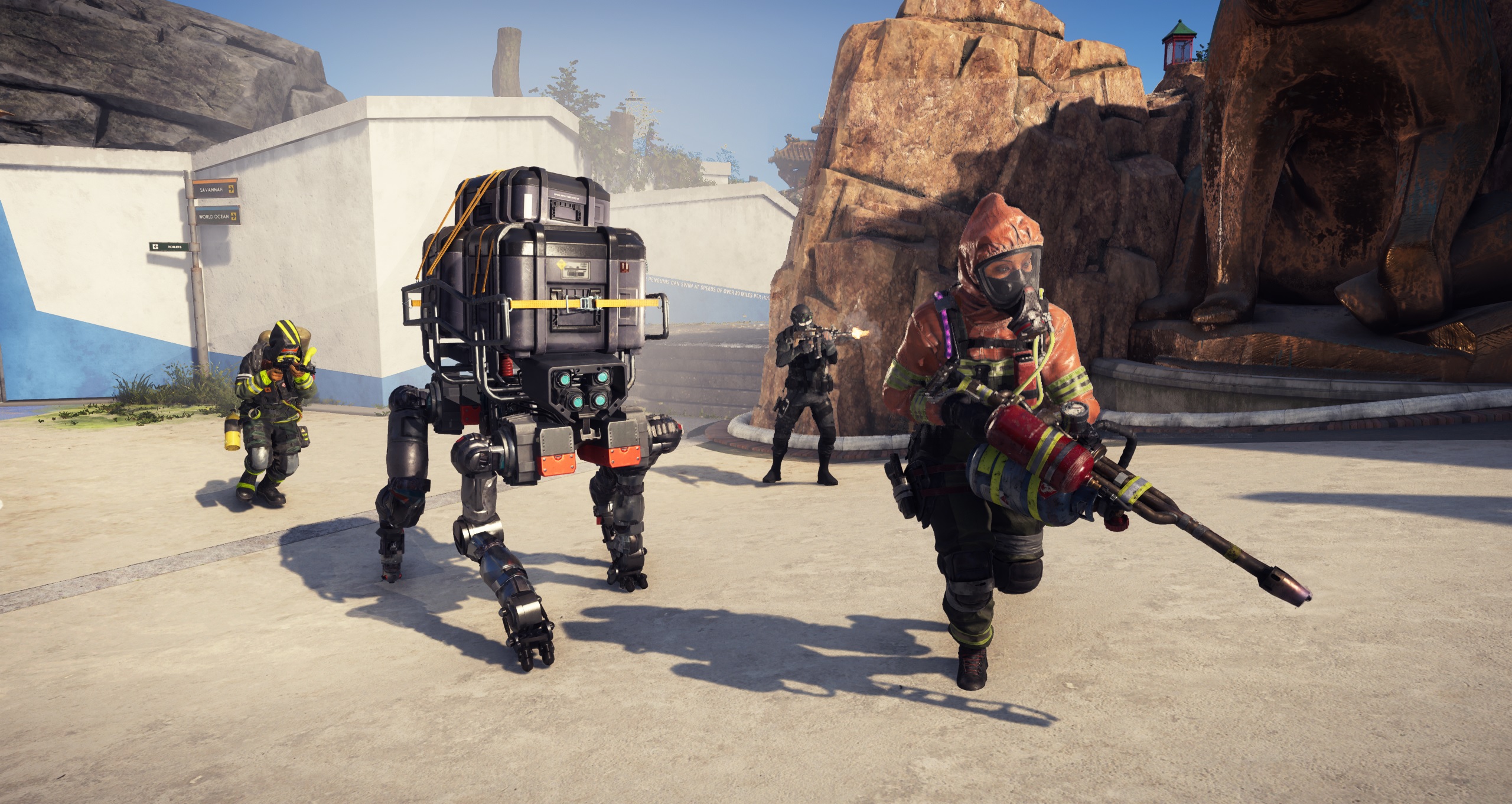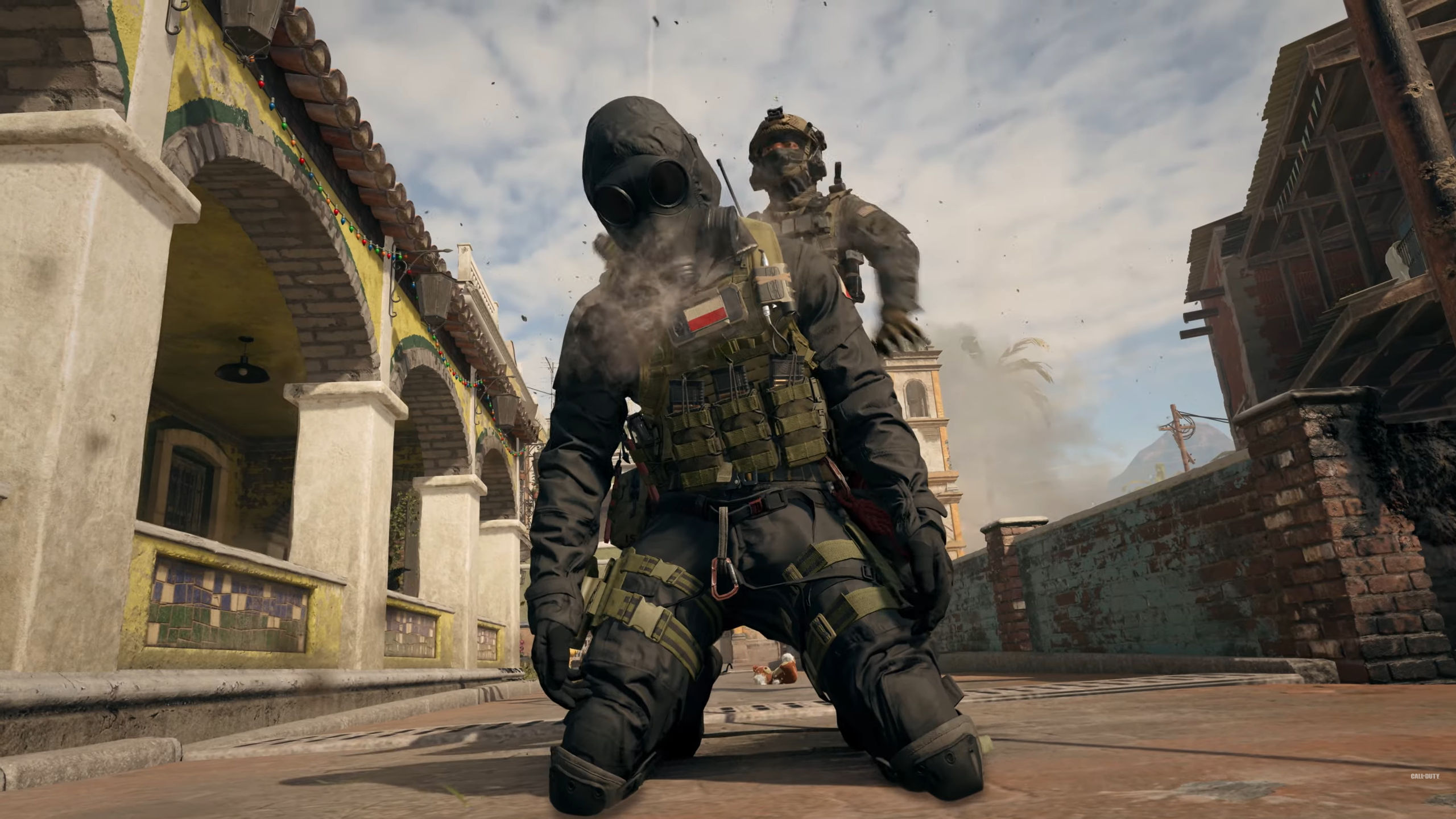
Ubisoft has announced that its upcoming first-person arena shooter, XDefiant, will not utilize Skill Based Match Making (SBMM) to connect lobbies in casual playlists. SBMM as a lobby assembly tool has become a hot-button issue for first-person shooter fans, particularly with recent premium entries to the Call of Duty franchise. SBMM has become an industry standard for games with competitive PvP components. Outside of Call of Duty, other shooters like Halo Infinite and Fortnite also make use of SBMM to balance multiplayer lobbies.
The practice ensures that players are matched with opponents in a similar skill bracket to create a more balanced and fair player experience. The idea is that players with more advanced skills are matched with others of a similar skill set, while casual players with less skill are protected from having an onslaught of matches that they can't win. However, players often lament that they find themselves in lobbies that are far more punishing than if they were just thrown in with a mashup of players with various skill levels.
To SBMM or not to SBMM? That is the question.
In a recent blog post, the development team behind XDefiant shared that skill-based matchmaking will not be leveraged in casual playlists for the upcoming arena shooter. "We believe that no SBMM is paramount to a fun and varied game experience in the long-term." the post declared. While SBMM will be present in ranked playlists, the post stated that the use of SBMM in casual playlists was repetitive and stressful for players who weren't looking for a hyper-competitive game experience.

This differs from recent comments made by Sledgehammer Games and Activision concerning matchmaking in Call Of Duty. According to a white-paper explainer from Activision's Research department, 'Ping is king' for matchmaking in Call of Duty, but skill does hold a crucial role. Despite skill's importance in the matchmaking process, Activision does consider it lower in priority to lobby fills than other criteria like playlist diversity and search time. Other factors like player platform, input device, and voice chat status can further skew matchmaking criteria to minimize the importance of player skill.
Sledgehammer Games claims to have tested out lobby arrangements without SBMM without players' knowledge of when it is taking place to secure feedback. According to research based on those tests, players reported less enjoyment in games when SBMM was disabled. Activision's research team also identified an effect on player pools when SBMM was disabled, likely to do to lower-skilled players quitting out of games due to frustration when paired against higher-skilled players.
To be sure we're providing the players with the best in-match experience, we pay close attention to a blend of matchmaking-focused key performance indicators (KPIs), such as Delta Ping, lobby and match fullness, skill disparity, match outcome metrics and search time, as well as more player-focused KPIs, including hours-per-user (HPU), lobby quit rates, player retention/churn and player survey results.
Activision Publishing, Inc.
Activision had previously been quite opaque about its matchmaking practices, but recent accusations of Engagement-based matchmaking being deployed in Call of Duty: Modern Warfare 3 may have played a part in encouraging more transparency. Engagement-based matchmaking (EBMM) is the notion that players are given 'easier' lobbies as a reward for spending money on items in the in-game store, like Operator Bundles and weapon blueprints. Activision has not confirmed any sort of engagement-based matchmaking practices for Call of Duty titles, and its existence remains little more than a conspiracy theory at this time.
A second white paper from Activision's research department on the importance of player skill in matchmaking is expected in June. Papers detailing ranked play and experimental matchmaking methods are planned for later this year.
Both XDefiant and Call of Duty's development teams have shared that low latency is the priority tenet, but XDefiant will prioritize Rank Points and skill over latency in Ranked playlists.
Is it actually enough to make XDefiant a "CoD Killer"?

Call of Duty is a billion-dollar behemoth of a franchise. When a game series goes on for more than a decade and remains the number one seller year after year, it inevitably leads to discussion of what up-and-coming title could dethrone it. With Microsoft's purchase of Activision, Call of Duty and Halo are now under the same banner and no longer in direct competition with one another, opening the floor to a new contender. And competition is, undeniably, a good thing. It fosters innovation and drives creativity.
XDefiant has been burdened with the "CoD Killer" moniker since its original unveiling, but the game has suffered from a tumultuous development and multiple delays due to failure to pass certification on both Xbox and PlayStation platforms. XDefiant opts for an arena mechanic, with players choosing heroes (in XDefiant's case, characters from other Ubisoft properties) to play with who generate ultimate abilities that can be used to shift the battle when used properly. If anything, XDefiant more closely resembled another Activision Blizzard property, Overwatch.
While Call of Duty did dip into the hero-shooter trend for Black Ops 3, it has been several years since that multiplayer arrangement has been present in the franchise. Call of Duty focuses more on fast-paced arcade-like shooter gameplay, where players can earn killstreaks (or scorestreaks). However, there is no ultimate ability gained, and all operators are on an even battlefield. Players can build their loadouts with weapons and perks to their liking and are not beholden to a character 'class' or hero type.
Granted, a lot could have changed for XDefiant since I played its beta more than a year ago, but I'm not expecting XDefiant to swoop in and somehow loosen the grip that Call of Duty has over the shooter genre. It will be interesting to see how the lack of SBMM impacts casual playlists in the long run. While I do miss the days of absolutely steamrolling lower-skilled players in Call of Duty (oh Christmas noobs, please come back to us.) I do find that I'm a bit at odds with many in the shooter community who want SBMM eliminated entirely. Ubisoft is taking a risk by eliminating SBMM from matchmaking, and it may initially draw in players who are disillusioned by Call of Duty's matchmaking algorithm. I'm not convinced it's going to be enough to hold the audience long-term, however.







